E L U L
Every year we are invited to come back into ourselves. We are offered a refuge of 40 days in which to ground into the earth, to speak intimately with the Divine, to look lovingly on the past, and to thoughtfully orient for the future. Elul is our gateway into a new relationship with Hashem and with ourselves.
In Elul we begin our process of Teshuva; It is a journey of soul accounting in which we look back at the year past, consider our experiences, where they aligned with our intentions and where they didn’t. The word Teshuva alludes to a return - it will be heightened with a deep remembering of our essence on Rosh Hashanah and culminates with a complete forgiveness from Hashem and renewal on Yom Kippur.
So what are we returning to?
In Judaism there is the belief that we each contain a Sacred Point of goodness within. It remains pure and connected to the Divine no matter what our earthly experiences, no matter how disconnected we may feel from it, no matter how covered over it has become.
When we are in touch with this eternal point of truth and goodness, we can meet the new year from a centered and conscious place, we can rise to challenges,
The Hebrew letter associated with Elul is the Yud, which represents this unblemished and eternal point within; The Yud is also the point of inspiration and origin of all hebrew letters, and of all created matter.
Soul accounting -
We are offered a whole month to process our year past. We look back at where we have been, with curiosity, with compassion, without shame. We are not here to be perfect, we are human, we are here to grow.
Month of love, compassion and grace
The word Elul is an acronym for Solomons poetic words in Song of Songs, “I am for my Beloved, and My Beloved is for me”. It suggests that earthly actions have the power to draw down response from Above; That our relationship with the divine can be one of intimacy and love. Indeed all our reflections on the past should be conducted with compassion and presence. How can we open our hearts? How can we be more loving to ourselves? How can we look at others with deeper compassion?
Month of trust and hope
Many Elul’s ago, Moshe stood on a mountain beseeching Hashem to forgive the Jewish people who had built the idolatrous, Golden Calf just weeks after dedicating themselves to the One G-d at Mount Sinai. Moses had faith in the Divine ability to forgive; Gd responded with the magnanimous gesture of hope and faith in His people, by issuing a second set of Commandments on Yom Kippur.
Month of intimacy
Our sages teach us that in Elul “The King is in the Field” - that for these 30 days the Divine presence is closer to each one of us than it is at any other point in the year. Now is the time to meet with Him (Her). It is an auspicious period to nourish an intimate, Holy relationship; we can be honest, informal, vulnerable - we may ask for help, for the blessings we crave to be revealed. This dialogue may come to you through prayer (tefilah), meditation, journaling, song, dance...it may start as a quiet whisper in your mind…
Month of Action
The sense associated with Elul is action; Traditionally we start the year with resolutions, and they often dwindle as the months pass by. By years end we are eager to forget the past and begin again; but Judaism suggests how we end us is as important as how we begin. In Elul we can define and initiate the “litte right actions” required to move toward our aspirations in the year to come;
Reflect; identify the next positive step; commit to small, repetitive actions
Some Elul Customs;
Teshuva (our soul accounting and return to self),
Tzedakah (charity and good deeds)
Tefilah (prayer, Divine dialogue) - many recite Psalm 27 and other Tehillim, Selichot (prayers of forgiveness).
Hear the Shofar daily - its call awakening the soul,
